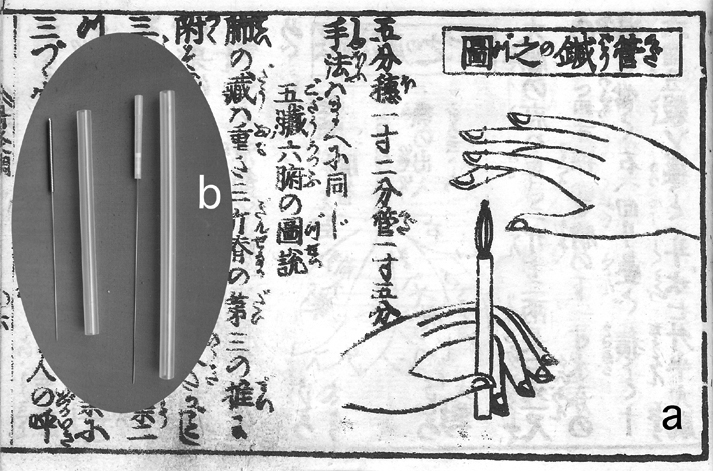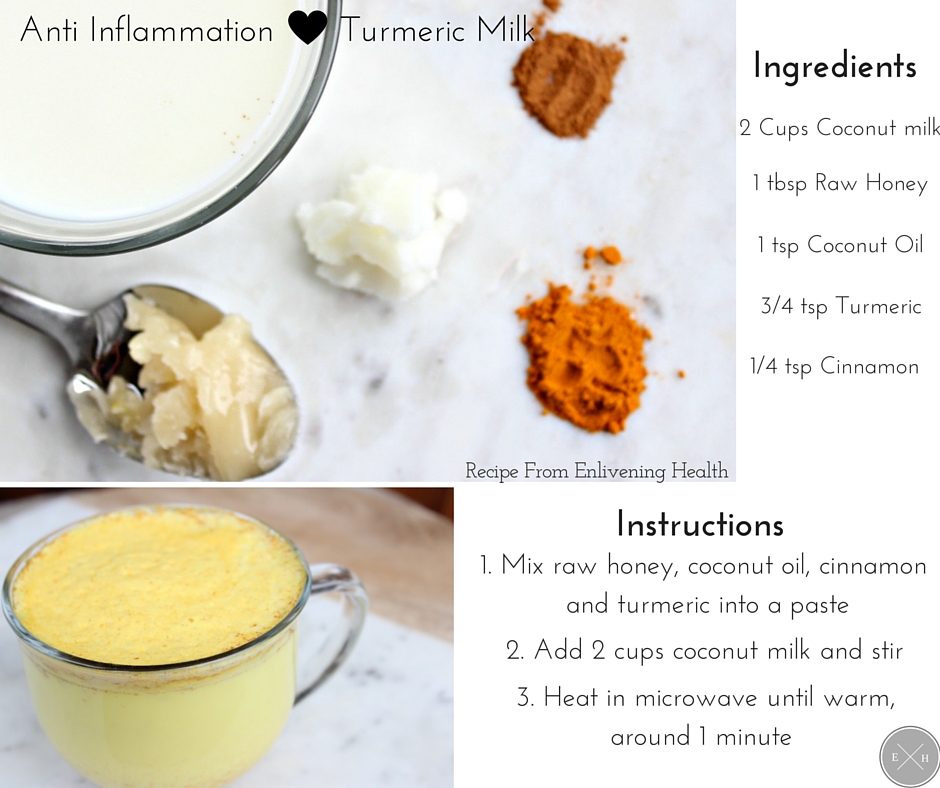
Credit: University of MichiganKey findings about the use of integrative medicine strategies by adults age 50 to 80
Nearly 40% of older adults currently use at least one integrative medicine strategy to try to ease symptoms of a physical or mental health issue, or to help them relax, a new poll finds.
Whether they chose chiropractic care, massage therapy, meditation, yoga, or another non-conventional option, 38% found it very beneficial, and another 54% said it was somewhat beneficial. Women, and adults aged 50 to 64, were more likely to use such strategies than men or those age 65 to 80.
But only 18% of older adults who currently use, formerly used or are interested in using integrative health strategies have actually talked about it with a health care provider.
The new results from the University of Michigan National Poll on Healthy Aging suggest that primary care clinicians should discuss with patients whether they’re using any integrative medicine strategies, which ones, and why.
The poll is based at the U-M Institute for Healthcare Policy and Innovation and supported by AARP and Michigan Medicine, the University of Michigan’s academic medical center.
The new findings also highlight the insurance and cost-related issues related to accessing these strategies, as health plans offer varying levels of coverage for integrative medicine approaches.
Among older adults who use or have an interest in using integrative medicine strategies, only 15% say their health insurance covers them, 19% say they have no coverage, and two-thirds were unsure about their coverage. Among those who said insurance did not cover these types of services or were unsure about their coverage, 84% said they would be likely to try integrative medicine strategies if they had health insurance coverage for them. Of those who have stopped using integrative health strategies, more than one quarter cited cost as one of the reasons.
Nearly all poll respondents said that they believe that the mind impacts health, with 82% saying it has a major impact, and 14% saying it has a minor impact.
“As research continues to show the importance of the mind-body connection in health, and as more rigorous studies are done to determine what effects integrative strategies can have on various conditions, it’s important for patients and providers to keep the lines of communication open,” says Rachael Maciasz, M.D., a general internal medicine physician at Michigan Medicine and the VA Ann Arbor Healthcare System who worked with the poll team on the report. Maciasz is clinical director of the VA Whole Health program at VAAAHS.
“This poll offered insight into primary care influence on modalities patients use to address their health and wellness,” Maciasz added. “Patients whose doctors talked with them about lifestyle factors were more likely to have used integrative medicine strategies. Educating physicians and encouraging patients to communicate about evidence-informed integrative modalities could lead to a larger tool box for treating and preventing illness and supporting health and wellness.”
The older adults in the poll who currently use, or used to use, integrative strategies said they did so in an effort to treat or prevent pain, insomnia, digestive issues, to relax or manage stress, to address an acute physical injury, and/or to improve mental health from conditions such as depression or anxiety.
Since primary care providers also help patients handle such conditions by providing lifestyle counseling, prescribing medications or making referrals to specialty care, it’s important for them to know what their patients are doing on their own.
“Providers may want to acquaint themselves with the level of evidence surrounding the use of each approach for different conditions,” says poll co-director Jeffrey Kullgren, M.D., M.P.H., M.S., a Michigan Medicine and VA primary care physician and researcher. “The National Center for Complementary and Integrative Health, part of the National Institutes of Health, funds research on such approaches, and offers overviews of the state of evidence for many approaches, including massage therapy, meditation and yoga.”
AARP’s Mental Health Center offers resources for older adults to learn about their mental health, news and information about treatment options.
“The COVID-19 pandemic made it hard for all of us to take care of our mental and physical health, and this research shows that almost all older adults believe they are connected,” said Indira Venkat, Senior Vice President, AARP Research. “If you are currently using or are interested in using integrative treatments for your mental or physical health, it’s important to talk about them with your health care provider.”
The poll report is based on findings from a nationally representative survey conducted by NORC at the University of Chicago for IHPI, and administered online and via phone in January and February 2022 among 2,277 adults age 50–80. The sample was subsequently weighted to reflect the U.S. population. Read past National Poll on Healthy Aging reports and about the poll methodology.


